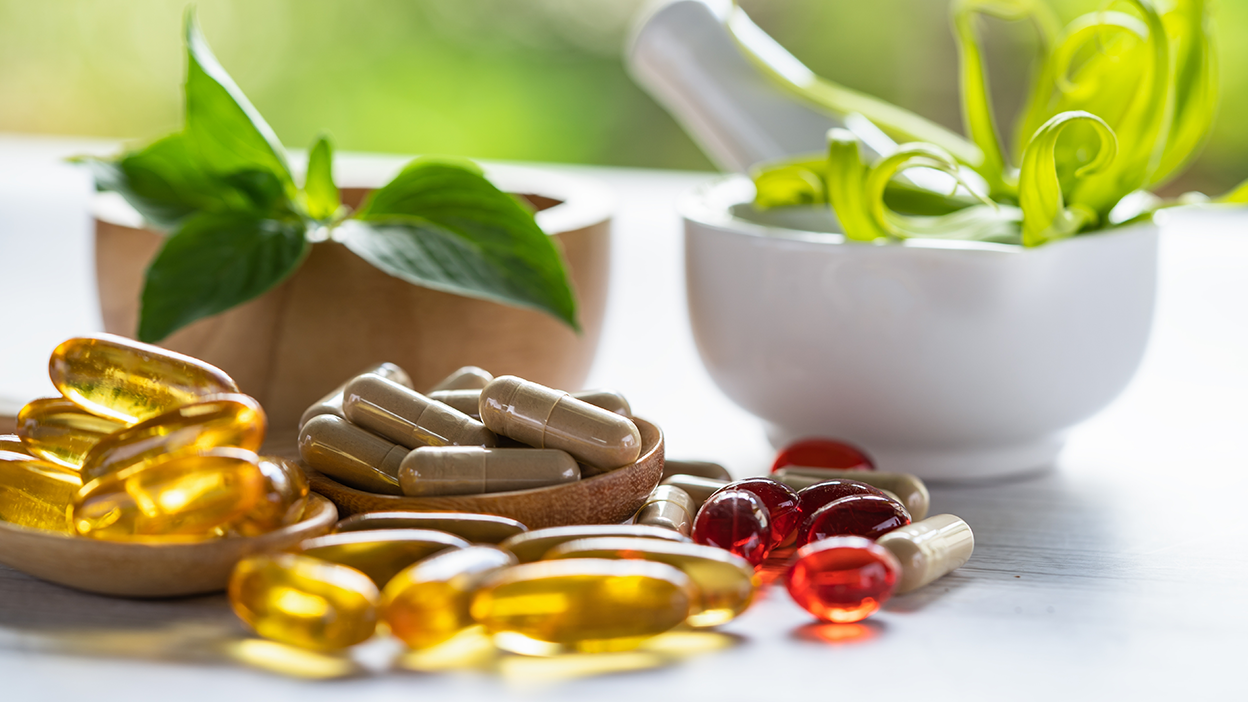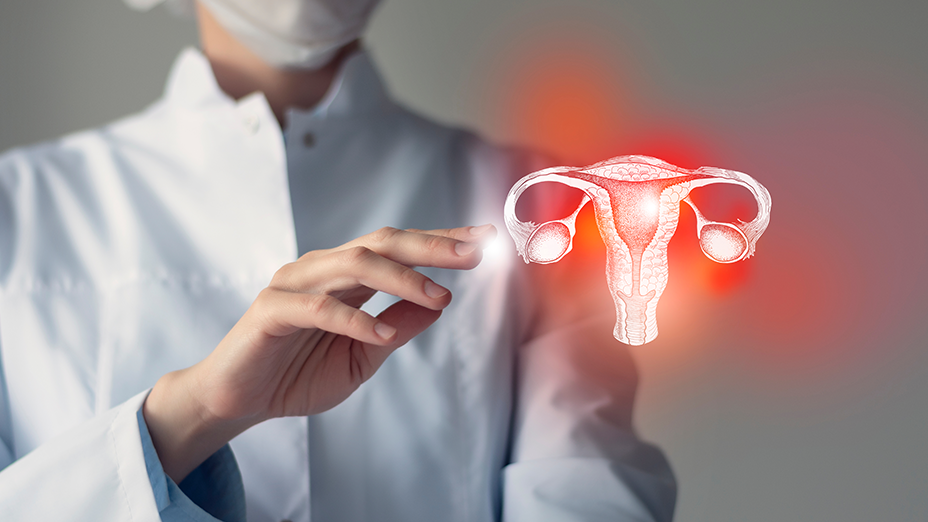The Role of Dietary Supplements in Women's Health
Intro
Maintaining a balanced diet rich in essential vitamins and minerals is crucial to support optimal health. However, due to several factors such as dietary restrictions, certain health conditions, or even life stages like pregnancy, some women may struggle to get all necessary nutrients from diet alone. In such cases, dietary supplements can play a significant role.
Article
Maintaining a balanced diet rich in essential vitamins and minerals is crucial to support optimal health. However, due to several factors such as dietary restrictions, certain health conditions, or even life stages like pregnancy, some women may struggle to get all necessary nutrients from diet alone. In such cases, dietary supplements can play a significant role. It's important to remember, though, that supplements should not replace a balanced diet but rather serve as a tool to ensure nutrient adequacy.
Here are some commonly used dietary supplements that can benefit women's health:
-
Calcium and Vitamin D
Calcium and Vitamin D are essential for bone health. Women, especially post-menopause, are at a higher risk of developing osteoporosis due to the decrease in estrogen levels. A diet supplemented with adequate Calcium and Vitamin D can help maintain bone density and reduce the risk of fractures.
- Iron
Women with heavy menstrual bleeding or those who are pregnant may need extra iron to prevent iron deficiency anemia. Iron supplements can help maintain optimal levels, but it's always essential to discuss with a healthcare professional since excess iron can have harmful effects.
- Folic Acid
Women of childbearing age or those planning to become pregnant should consider taking a folic acid supplement. Folic acid helps prevent neural tube defects in the fetus during early pregnancy.
- Omega-3 Fatty Acids
Omega-3 fatty acids, found in fish oil supplements, have been shown to promote heart health and can reduce inflammation. They are especially recommended for women who do not consume fish regularly.
- B Vitamins
The B vitamins, particularly B6, B9 (folate), and B12, play a vital role in energy production and can support overall well-being. B vitamin supplements can be beneficial for women who are vegetarian or vegan, as B12 is mainly found in animal products.
- Probiotics
Probiotic supplements, which contain beneficial bacteria, can support gut health and contribute to a healthy immune system. They can also be beneficial in managing symptoms of conditions such as irritable bowel syndrome (IBS).
- Vitamin E and C
Vitamins E and C are potent antioxidants that protect the body's cells from damage. They also support skin health and immune function.
It's important to note that not all women need to take every supplement listed above. The need for dietary supplements can vary greatly depending on individual dietary habits, medical history, and lifestyle factors. Too much of certain nutrients can lead to harmful effects, so it's crucial to speak with a healthcare professional before starting any new supplement regimen. Lastly, supplements should complement a balanced diet and healthy lifestyle, not replace them.







